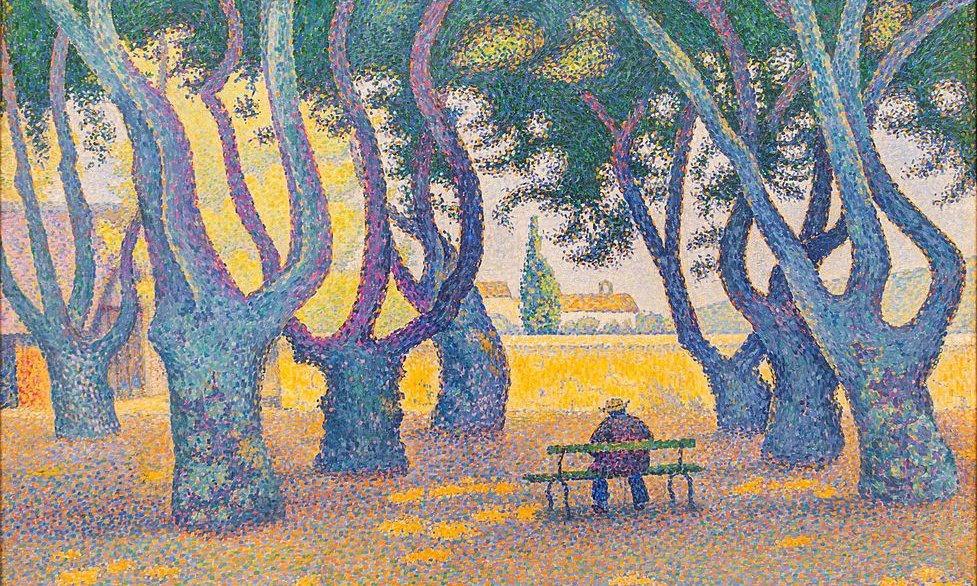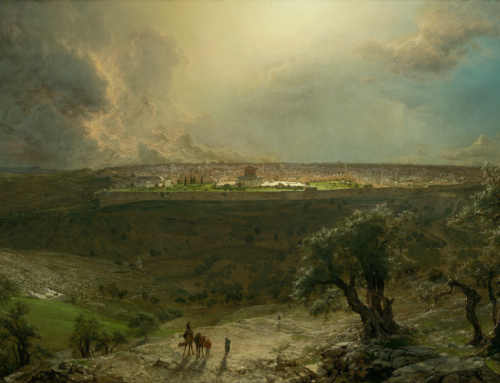This game I’ll call “Guess This Conservative Author,” and it only works if played by the rules. Without reading ahead, consider these select criticisms of modernity:
Against self-serving politicians:
See the moral hypocrisy of the commanding class. They know no other way of protecting themselves from their bad conscience than by justifying themselves by maxims from the current opinions.
Against equality as a growing ideology:
“Everywhere equality before the law,” is rather just a naively humanitarian adjustment and perversion of meaning! What a fine instance of secret motive, in which a refined atheism is once more disguised. “Neither God, nor master,” that is what you want.
Against an unhealthy feminism:
While she thus appropriates new rights, aspires to be “master,” and inscribes “progress” of woman on her flags and banners, the very opposite realizes itself with terrible obviousness: woman retrogrades. There is an increased weakening and deadening of the most womanly instincts… To lose her artful humility; to neutralize by this audacity her own fundamentally different ideal of woman, something eternally, necessarily feminine; to emphatically and loquaciously dissuade man from the idea that woman must be preserved, cared for, protected; what does all this betoken, if not a disintegration of womanly instincts, a defeminizing?
These musings would make a fancy addition to some conservatives’ arsenal of quotations. So who wrote them? Friedrich Nietzsche did. (Selections from Beyond Good and Evil, nos. 199, 22, and 238 respectively.) If that comes as a surprise, it did to me as well. It so happens that he and I have a very different worldview. His actual treatment of women was one of dominance and distrust: “this dangerous and beautiful cat, which tears you apart even as it delights you.” His disdain for egalitarianism went so far as to attack nearly everyone except himself, whom he compared often to cows, we members of “the herd.” And his only theism was to make gods out of competing human instincts. Nevertheless, as a critic he can at times be very illuminating. He has a way of stabbing his opponent’s opinion—or even stabbing falsity—right where it’s vulnerable, then twisting the blade with colorful and insulting language (some of which was censored from the above quotes).
It’s a lesson, I think, in the nature of criticism. How united am I to another person, when criticism alone unites us? Does calling falsity false actually unite us in the way shared truth can? It’s an easy thing, for example, to gripe together about technology these days. Most strangers are willing to participate. But then what? It seems any felt unity there is momentary and shallow.
I worry that our world has grown more critical, even in the realm of conservative and Christian commentary. Everyone seems dour and panicked, from monks to married couples, from public pulpits to basement blogs. Has the spirit of criticism overtaken us? Has the opposition won not only the culture war, but our attention also? Because it seems we really lose twice when they already overtake everything from the media to the courts to the status quo, only then to determine our everyday conversations with one another.
Months ago I was traveling and vesting for an early morning Mass, when someone struck up the subject of transgenderism. Does that have a place in the sacristy, five minutes before a Wednesday Mass in Ordinary Time?
We lose twice by losing our attention to the world, instead of to Christ. Is he no longer urgent and interesting enough for the full attention of our articles, of our homilies? Did he not try to spare us from the inevitable shock of every historical era, when he said: “In the world you have tribulation; but be of good cheer, I have overcome the world” (Jn 16:33)?
Criticism has its place, of course. It’s like salt, as a little bit can enhance our view of the world, but too much ruins the whole meal, and we lose our appetite and turn over our forks. If our identity is threatened, I’m not sure lashing out in criticism is the best way to preserve it. John Paul II, remember, didn’t preserve his Polish roots during the Communist takeover by publishing scathing editorials, but by performing underground theater!
Or as another mystery writer said:
Take no part in the unfruitful works of darkness, but instead expose them. For it is a shame even to speak of the things that they do in secret… Look carefully then how you walk, not as unwise men but as wise, making the most of the time, because the days are evil. Therefore do not be foolish, but… be filled with the Spirit, addressing one another in psalms and hymns and spiritual songs, singing and making melody to the Lord with all your heart, always and for everything giving thanks in the name of our Lord Jesus Christ to God the Father.
Those balanced words are, of course, from St. Paul (Eph 5:11-20). His example seems ever more needed today, the apostle to a whole world of paganism, who was ever busy at articulating and unpacking the riches of life in Christ, not the ways of the world, from which all believers had simply turned away.
✠
Image: Paul Signac, Place des Lices.







